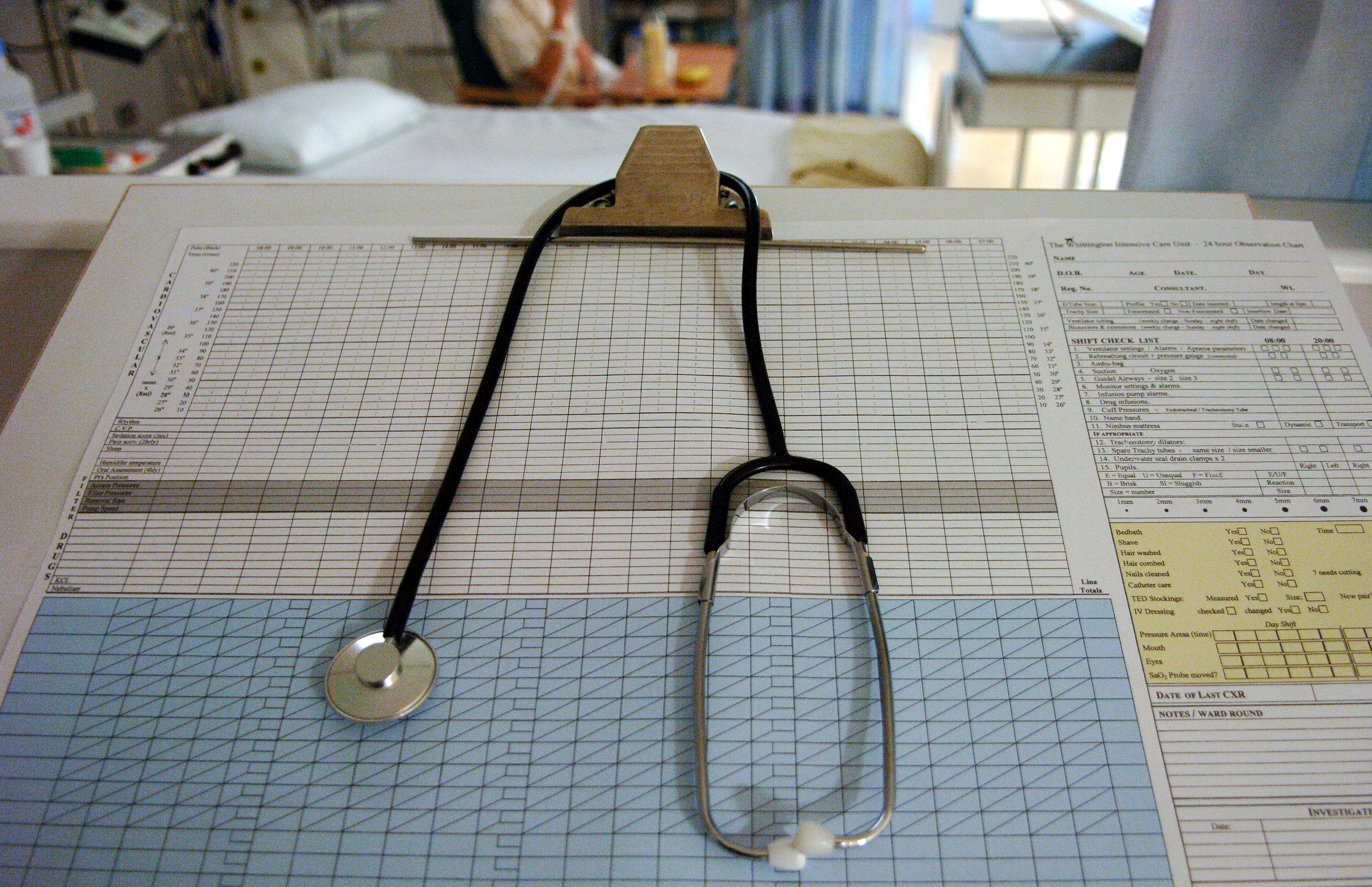Dementia test for fracture patients
Doctors are checking elderly patients who break their wrists for early signs of dementia to try to prevent them going on to fracture their hips.
A team at Southampton General Hospital is separating patients over 70 who fracture bones in a fall but do not require hospital admission from other patients in the emergency department.
They are then seen directly by a team of orthopaedic, osteoporosis and elderly care specialists to see if dementia could be a problem as 40% of all hip fractures in the UK happen to those with the condition.
As well as treatment for broken wrists, arms and shoulders, patients are given a basic physical and mental assessment to find out why they are falling to minimise their future risk and prevent the more serious fractures of the hips or spine.
There are currently 75,000 cases of hip fracture in the UK every year among people of an average age of 80 years, but experts in Southampton believe earlier intervention into all aspects of an individual’s health needs will lower the number.
“About 40% of people who have a hip fracture have got dementia or some form of cognitive dysfunction and, of them, a significant proportion are not diagnosed, probably more than 25%,” said Dr Mark Baxter, a consultant in elderly care and bone health who is co-leading the initiative.
“We also know around half of all hip fracture patients have fractured bones before, and between 25 and 30% of all people who break their hip die within a year, so it is clear these patients are extremely vulnerable and, based on current statistics, in need of much wider intervention than they currently receive.”
Following a full medical and falls assessment by a consultant geriatrician in clinic, those who show signs of future falls risk are referred directly to the falls service and, if required, to a specialist dementia clinic to care for their cognitive needs.
Simon Tilley, a consultant orthopaedic surgeon and joint project lead, explained: “We are going to treat these patients’ wrist or shoulder fractures, but the knock-on effect will be that we hope to prevent the more serious and life-threatening fractures later on.
“It takes only a few minutes to create a plan for a wrist fracture, but it is about being able to put all the other things in motion to stop them coming back to hospital and to cater for other serious and often undiagnosed issues, such as dementia, to provide the best and safest quality of life for them.”
Latest posts by Sally - Silversurfer's Editor (see all)
- How to deal with dry skin this winter - January 5, 2025
- Top ten uses for Cocktail Sticks - January 2, 2025
- Welcoming the New Year with confidence, joy, and adventure - January 2, 2025
- A New Year, A New Start: Discover the Joys of Being a Homesitter - January 1, 2025
- Win ONE of THREE copies of Mary’s Foolproof Dinners - January 1, 2025




















